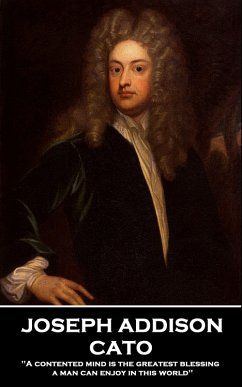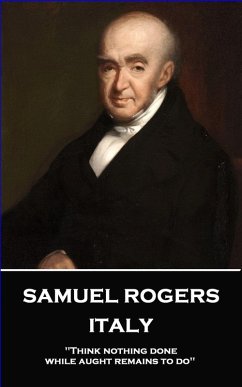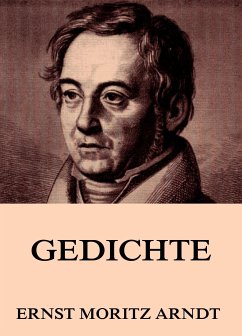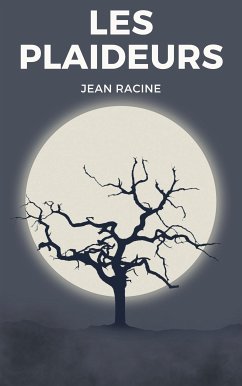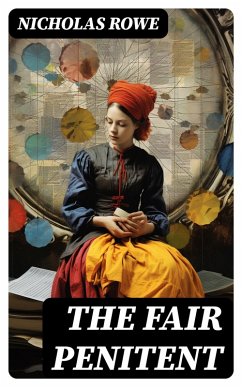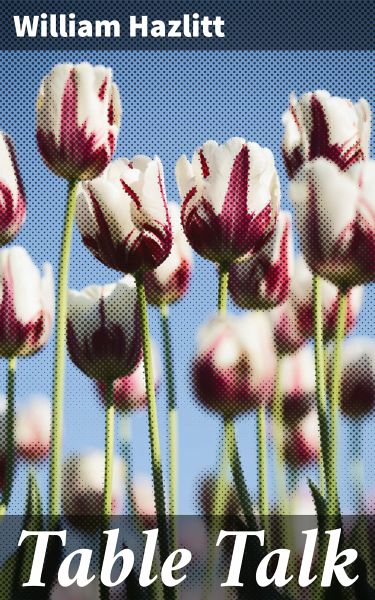
Table Talk (eBook, ePUB)
Enriched edition. Essays on Men and Manners
Kommentar: Gibson, Paige / Redaktion: Good Press

PAYBACK Punkte
0 °P sammeln!
In "Table Talk," William Hazlitt offers a collection of essays that masterfully blend personal reflection with incisive social commentary. This work exemplifies Hazlitt's skillful prose and his ability to reveal the underlying truths of human experience through vivid anecdotes and absorbing dialogues. Written during the early 19th century, a time marked by shifting social and political landscapes in England, Hazlitt's essays delve into a range of topics including philosophy, art, politics, and the intricacies of everyday life, structured in a style that is both conversational and intellectuall...
In "Table Talk," William Hazlitt offers a collection of essays that masterfully blend personal reflection with incisive social commentary. This work exemplifies Hazlitt's skillful prose and his ability to reveal the underlying truths of human experience through vivid anecdotes and absorbing dialogues. Written during the early 19th century, a time marked by shifting social and political landscapes in England, Hazlitt's essays delve into a range of topics including philosophy, art, politics, and the intricacies of everyday life, structured in a style that is both conversational and intellectually rigorous. William Hazlitt, a prominent figure in the Romantic literary movement, was known for his passionate advocacy of individual thought and his critique of societal norms. His diverse background as a son of a Unitarian minister and his experiences in the vibrant intellectual circles of his time shaped his eloquent yet candid style. Hazlitt's keen observations and his own struggles with social and personal identity provide rich context for this work, revealing his commitment to exploring the nuances of human nature. "Table Talk" is a must-read for anyone interested in the intersection of personal sentiment and broader societal issues. Hazlitt's eloquent prose and timeless insights encourage readers to engage in critical thought about their own lives and the world around them. This collection not only entertains but enlightens, making it a seminal work that resonates with both contemporary and modern audiences. In this enriched edition, we have carefully created added value for your reading experience: - A comprehensive Introduction outlines these selected works' unifying features, themes, or stylistic evolutions. - A Historical Context section situates the works in their broader era-social currents, cultural trends, and key events that underpin their creation. - A concise Synopsis (Selection) offers an accessible overview of the included texts, helping readers navigate plotlines and main ideas without revealing critical twists. - A unified Analysis examines recurring motifs and stylistic hallmarks across the collection, tying the stories together while spotlighting the different work's strengths. - Reflection questions inspire deeper contemplation of the author's overarching message, inviting readers to draw connections among different texts and relate them to modern contexts. - Lastly, our hand-picked Memorable Quotes distill pivotal lines and turning points, serving as touchstones for the collection's central themes.
Dieser Download kann aus rechtlichen Gründen nur mit Rechnungsadresse in A, B, BG, CY, CZ, D, DK, EW, E, FIN, F, GR, H, IRL, I, LT, L, LR, M, NL, PL, P, R, S, SLO, SK ausgeliefert werden.





